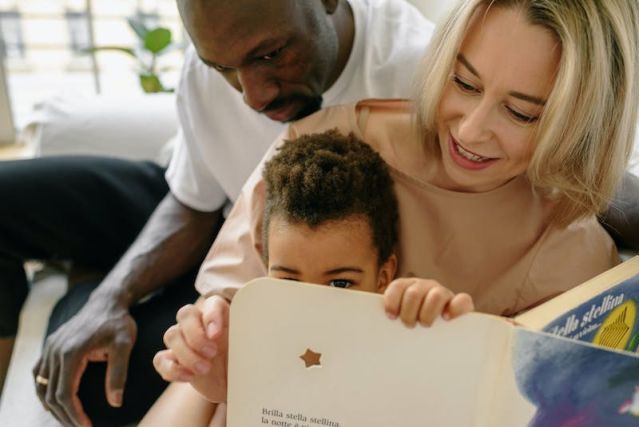Openness in Donor Conception is Essential

Recently, actress Kerry Washington disclosed that she was conceived with the assistance of a sperm donor. This news put the topic of disclosure back into the public eye, and helped to continue to raise awareness about the importance of disclosure to donor conceived children. Ms. Washington’s parents had kept her genetic origins a secret until 2018, when they realized that a genetic test for the show Finding Your Roots would bring this fact to light.
For years, parents were told not to tell their children that they were conceived with the assistance of donor eggs or donor sperm, and many parents did not tell. Even today, the topic of disclosing information to future children raises anxiety for many parents-to-be of donor conceived-children.
More people now agree that the child has a right to know their origins. They have a right to accurate medical information and to understand who they are related to. In addition, there are many other reasons to tell a child they were donor conceived. Here are three to consider:
Anonymity cannot be guaranteed. As Ms. Washington learned, the ability for anyone to use direct to consumer genetic testing makes anonymity impossible to ensure. At some point, you child will discover their origins. This information may be accidentally disclosed by a third party, or discovered from donor siblings who find them on a direct-to-consumer test such as 23 and Me.
Consanguinity. Although guidelines have been established to limit the number of times any donor can donate, those numbers are large and there is no National database in the United States to track donors. Even sperm banks who make efforts to check with other sperm banks cannot prevent a man from donating to his friends, neighbors or even to a stranger on Facebook. Further, when embryos are created from an egg and a sperm, not all of the embryos may be used. If a couple has more embryos than they need to complete their family, they can discard the embryos, donate them to science or donate them to another couple. Those decisions are difficult to make. Thousands of embryos remain frozen, sometimes for decades before they are used. Therefore, genetic siblings could be born decades apart. No one wants their child to meet and marry a sibling.
A feeling that something is amiss. Ms. Washington describes difficulties that many donor conceived persons feel, such as a sense that there was a secret in the home. Although Ms. Washington made it to adulthood without knowing, many say that the secret in the home is palpable. In one study, mothers who did not tell their children experienced fewer positive interactions with their children than women who conceived with their own eggs. It has also been shown that parents who disclose experience less stress and anxiety and, for parents who disclose before the age of seven, research demonstrates higher levels of adolescent wellbeing and more positive family relationships.
It is now recommended that children are told early and often to help them understand their background and personal history, and for the parents, by telling the story over and over, to learn to become comfortable with their narrative. Late, or accidental discovery often results in a loss of trust of the parents, family discord and in some cases, identity confusion.
Being open and honest with children about their story from an early age will help them feel secure and accepted, relieve parents from feeling the burden of carrying a family secret and foster a healthy and close relationship between parents and children.
